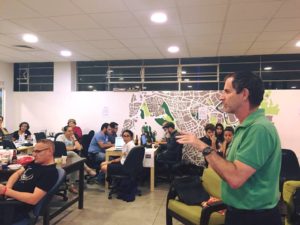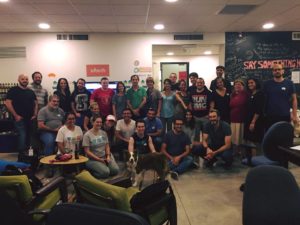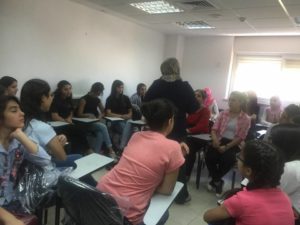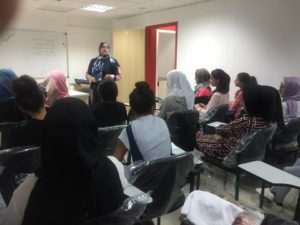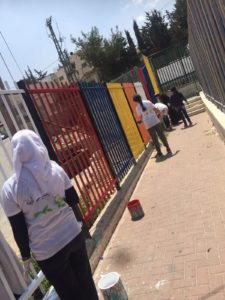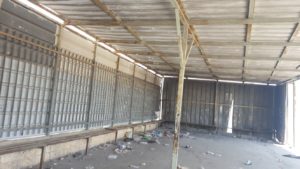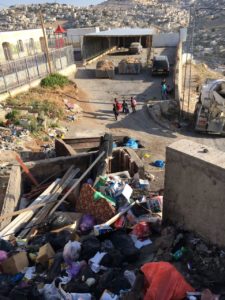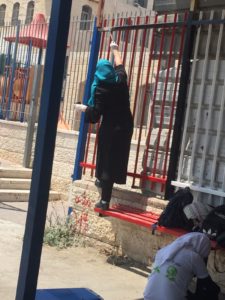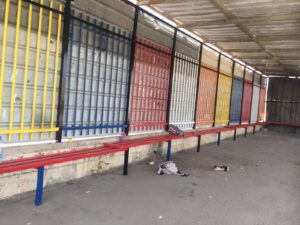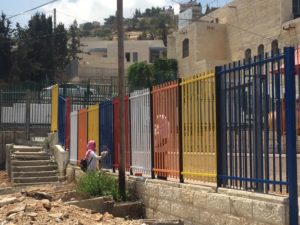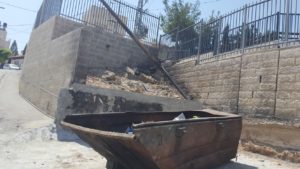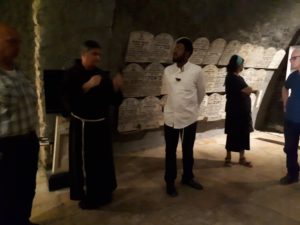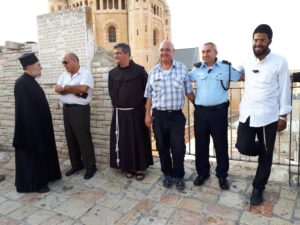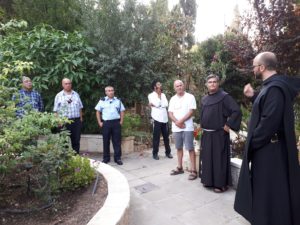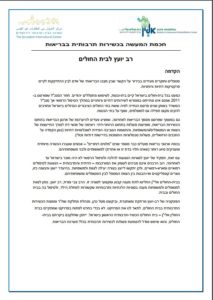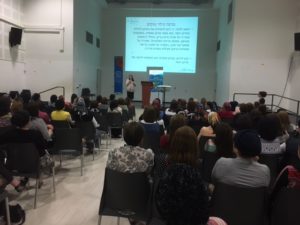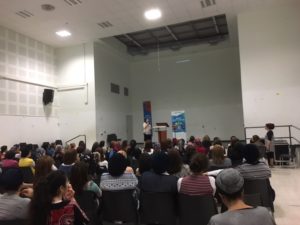Hacking Jerusalem Clean
It all started with #Made in Jerusalem‘s #HackJLM – a bimonthly series of hackathons, dedicated to helping the tech platforms of a wide variety of nonprofits for social change in Jerusalem – that is helping to advance our Little Prince – Cleaning Up Jerusalem Together program.
Tal Kligman, the director of “the Little Prince” program, Michal Shilor, our Coordinator for Grassroots Campaign for Tolerance and in-house tech guru, and Lionel Wolberg from the Jerusalem Green Fund put out a call to hackers that they were interested in developing tech-based solutions to garbage problems. At the hackathon, Tal, Michal, Lionel, JICC Director Dr. Hagai Agmon-Snir and activist/hi-tech professional Polina Sklyarevsky, met up with a group of techies, and together they brainstormed about who, what and how this project should work.
During the evening they came up with an idea to develop an extremely simple to use mobile app for trash and other dangerous reports. The idea is that you in one click photograph the spot with your phone and send it directly to the Municipality, which will put it in its work plan to be taken care of. This app will operate in both Hebrew and Arabic. All this, without needing to call (and wait for) the Municipality hotline that deals with these issues. Hopefully, a more advanced version will include automatic GPS coordinates, so that Municipality workers will know exactly where to go. (Here’s a link to the app that they’re trying to develop.) Right now, they’ve developed the first model of the app, and the backend aspects are now being worked on. We hope to have a beta version very soon.
Here’s a Facebook post about the event:
Here’s what #Made in Jerusalem wrote about the evening.
And here’s a video (in Hebrew) of the experience. This initiative starts at minute 17:
Wishing the developers well, and good luck to Little Prince!

